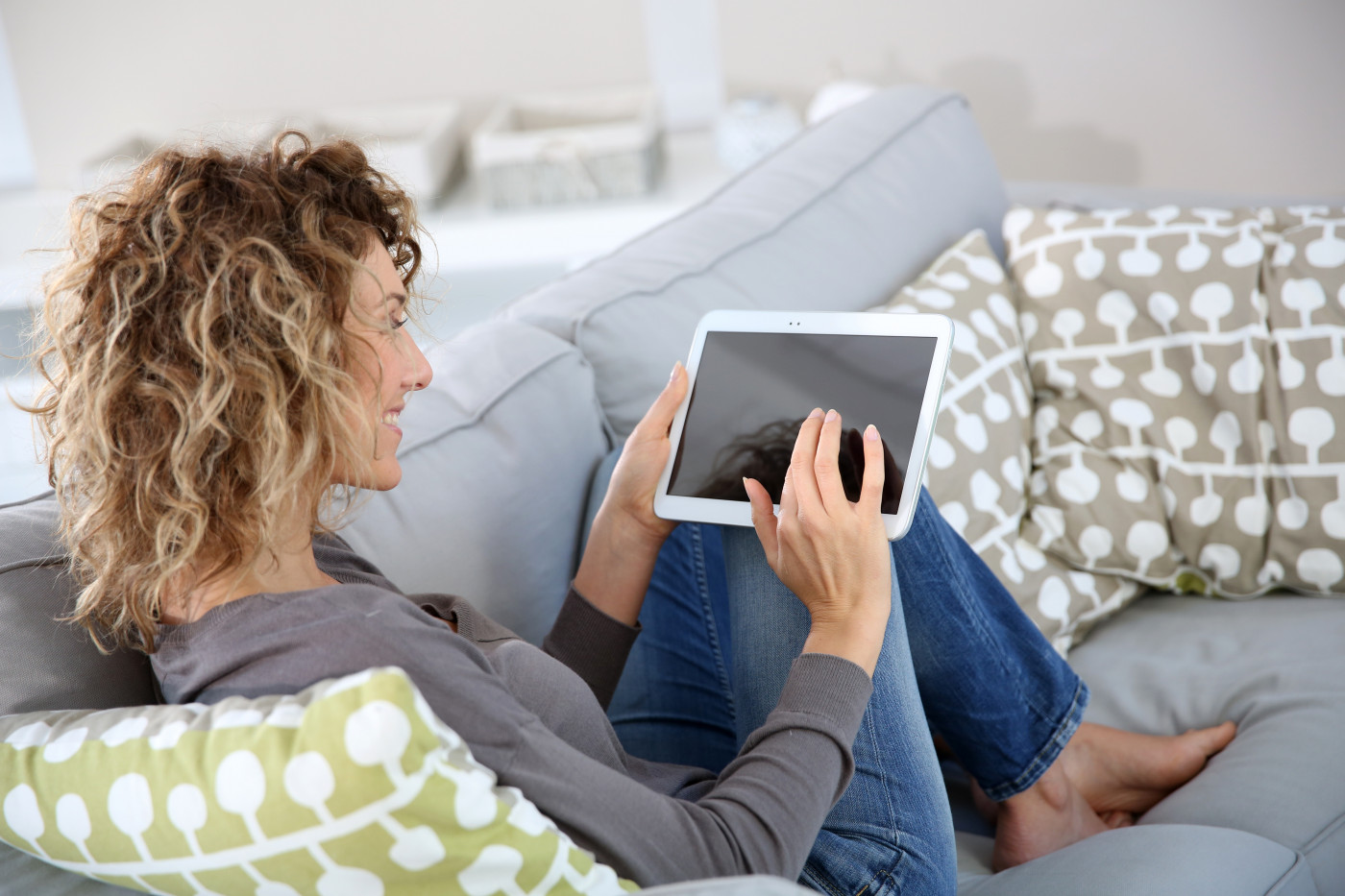#ACTRIMS2019 – Game-like Smartphone App Used to Test Neurological Disability in MS

In the time necessary to perform a standard multiple sclerosis (MS) functional exam, gamified tests on a smartphone app provide much richer and reliable measurements of several distinct neurological functions, according to new data.
These findings suggest that creatively-constructed smartphone apps may one day recreate entire neurological exams.
The data was presented by Alexandra Boukhvalova, from the National Institutes of Health (NIH), in a poster titled “Identifying and Quantifying Neurological Disability Via Smartphone App,” on March 1, at the 4th Annual Americas Committee for Treatment and Research in Multiple Sclerosis (ACTRIMS) Forum in Dallas, Texas.
Sensors embedded within smartphones offer opportunities for high-resolution, patient-powered measurements of neurological function. This approach could provide great insight into disease identification and management, as well as response to treatment on a personalized level.
Along these lines, researchers from the NIH and University of Maryland Medical School assessed how well smartphone-derived clinical outcomes performed compared to neurological examination in patients with MS.
According to Boukhvalova, a medical student at the University of Maryland, the main goal is to “use technology to supplement some of the human limitations that we have in medicine,” namely in assessing different patients’ features, like motor strength and cognition, over time.
The team looked at whether collecting data from two simple smartphone tests of fine finger movements would be predictive of specific disease outcomes. They looked at how these app-based results compared with specific clinical neurological assessments, such as strength, vision, and reaction time.
To do so, researchers developed a MS Android OS app consisting of two gamified simple functional tests — finger tapping and balloon popping tests. The team compared the ability of the digital tests to that of a traditional clinician-administered exam to distinguish MS patients from healthy volunteers.
Results showed that the smartphone tests could differentiate MS patients from healthy volunteers, similar to the traditional, investigator-administered test of fine finger movements — the 9-hole peg test.
The app-based tests identified MS patients with predominant cerebellar dysfunction (the cerebellum in the brain coordinates voluntary movements, such as balance, coordination, and speech), motor fatigue, and poor eye-hand coordination or reaction time.
Overall, the findings suggested that smartphone app tests are an easily portable method for neurological testing, and patient monitoring.
“One thing I want to achieve is to be able to form more of a connection with patients in between their bi-annual or annual visits,” Boukhvalova said to MS News Today. “I think it’s really easy for people to think they have been forgotten, or honestly for physicians with all their patients to have everyone in mind all the time. So, if we can use some of that remote data analysis to [keep track] of our patients, I think that is one of the goals.”
Combining features from smartphone apps can be used in future studies to derive a model optimized to sensitively quantify disease progression, both as outcomes in clinical trials and for data-guided decisions in clinical practice.
“I think this can help monitor patients a little bit better over time,” Boukhvalova said. “This in combination with the current MRI imaging assessments, and blood biomarker assessments, [will allow us to be] able to create this really detailed and holistic view of our patient, and will give us better insight into how the disease is progressing, and to be able to catch a patient earlier on in terms of any abnormalities,” she said.






